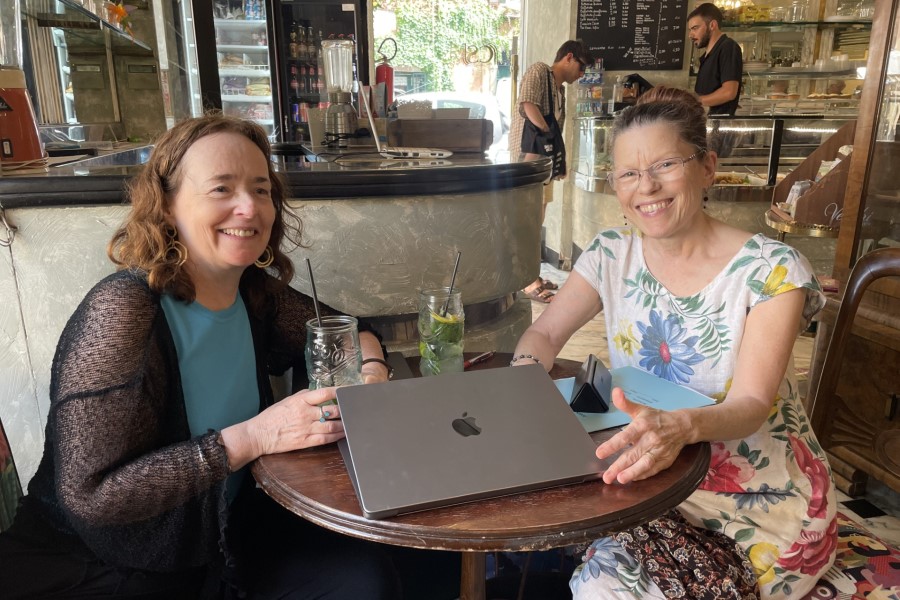Professor Fabrizio Conti to Direct Summer School on Witchcraft at Central European University
JCU History Professor Fabrizio Conti will direct a summer school called ‘Witchcraft Across Classical, Medieval, and Early-Modern Cultures in Europe: Researching and Teaching a Long-Term Historical Issue,’ which will be held at the Central European University in Budapest, Hungary, in July 2021.
This program, taught by a distinguished, international faculty, provides a research-oriented, interdisciplinary, and innovative way to deal with a relevant historical theme such as witchcraft. It’s open to both graduate and advanced undergraduate students, with the possibility to obtain scholarships covering the costs.
This course aims to lay out the rise and downturn of witch-beliefs in medieval and early modern Europe, tracing the multifaceted roots leading to their construction, from the Classical Greek and Roman literary traditions, to medieval lore and popular beliefs, up to the outburst of the “witch-craze” in early modern Europe. The thousands of executions that took place in that period, with women as main – although not exclusive – targets, proved to be only the final outcome of a long and complex scapegoating process involving social, cultural, literary, judicial, and religious elements as well as environmental and economic reasons.
Particular emphasis will be given to three aspects: the analysis of primary sources, the discussion of modern methodological approaches and the instruments and places for research. The analysis of primary sources aims to discuss the genesis and the evolution of the image of the witch through time and different cultural models, from Classical authors such as Horace, Ovid, and Apuleius, to the various Medieval literary and folkloric traditions, to early-modern developments, with the core role played by Heinrich Kramer’s Hammer of Witches (1486), and the juridical procedures aimed at identifying witches and making them confess to their alleged crimes.
The faculty will engage participants by discussing their own research on topics such as the relationship between learned systems and popular narratives, shamanism, medieval preaching on witches, the relationship between Classical culture and witchcraft, the world of superstition, witchcraft and persecuting societies. Moreover, participants will be given up-to-date knowledge concerning current research initiatives and opportunities at the international level in the field of cultural history.






